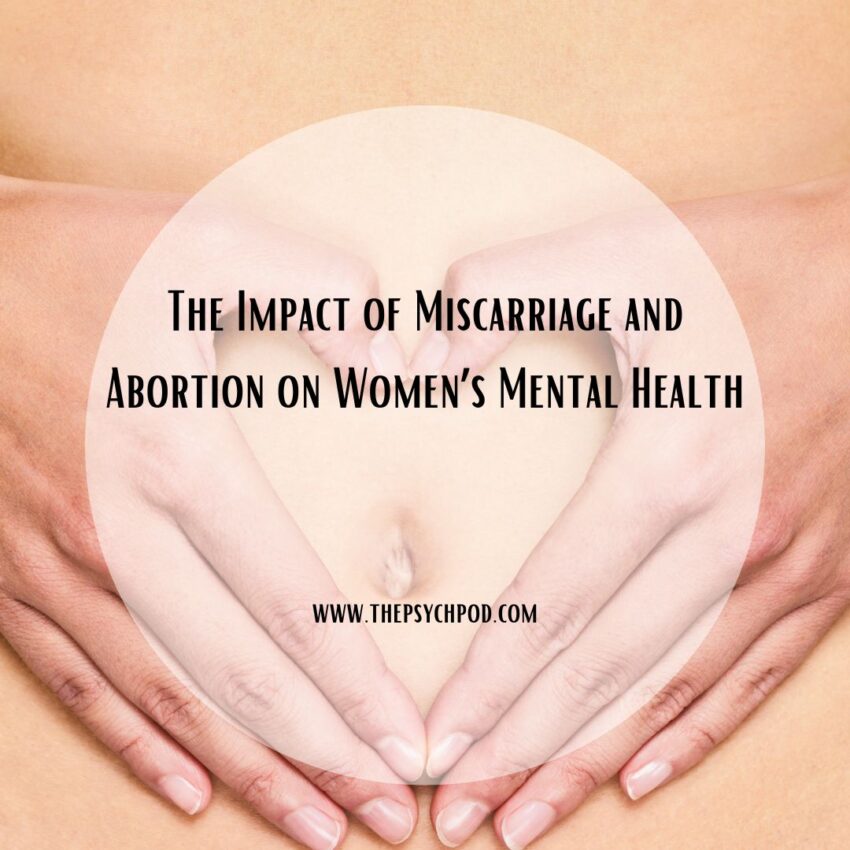Mental health issues do not discriminate; they affect every individual differently. However, some experiences associated to womanhood can cast a shadow over the psychological well-being of many women. Among these, miscarriage and abortion stand out as profoundly impactful events, carrying with them a suite of unique mental health challenges.
The Silent Grief of Miscarriage
Miscarriage, is a sorrow borne in silence by many. Despite its prevalence, with estimates suggesting that about 1 in 4 pregnancies end in miscarriage, the topic remains shrouded in silence and stigma. The grief following a miscarriage is complex, often compounded by a sense of isolation and the misconception that such losses are to be borne in silence.
Women may experience a spectrum of psychological effects, including depression, anxiety, and even post-traumatic stress disorder (PTSD). The emotional toll of a miscarriage can also strain relationships, affecting both partners as they navigate their grief. The journey through loss and healing varies for every woman, highlighting the need for tailored mental health support and understanding.
The Complexity of Abortion
Abortion is another reproductive event deeply intertwined with mental health. Regardless of the circumstances leading to the decision to terminate a pregnancy, the psychological aftermath can be significant and can even lead to post-traumatic stress disorder (PTSD). Women may grapple with relief, guilt, sadness, and grief—a mixture of emotions that reflects the complexity of this choice.
The stigma and societal judgment surrounding abortion exacerbate the mental health challenges, often leading to feelings of isolation and shame. It’s crucial to recognize the importance of providing compassionate support and counseling to help women process their emotions and make informed, supported decisions.
A Path Towards Healing
Addressing the unique mental health challenges associated with miscarriage and abortion involves breaking the silence and stigma that envelop these experiences. Creating spaces for open dialogue, offering support and understanding, and ensuring access to mental health resources are pivotal steps in supporting women’s emotional well-being.
Therapeutic interventions, including counseling and support groups, play a crucial role in the healing process, offering women a space to share their stories and find solace in shared experiences. Mental health professionals can also provide coping strategies tailored to the individual’s needs, helping them navigate their emotions and find a path towards healing.
Empowering Women Through Support and Understanding
As we continue to advance in our understanding of mental health, recognizing the unique challenges faced by women in the context of miscarriage and abortion is vital. By fostering a supportive and compassionate environment, we can empower women to seek help, share their experiences, and embark on the journey of healing.
In conclusion, the mental health impact of miscarriage and abortion underscores the importance of addressing these issues with empathy, care, and professionalism. As a society, we must strive to support women through these challenging times, acknowledging their pain, providing the necessary mental health resources, and ultimately, helping them move forward with strength and resilience.
Dr. Velmi, Psy.D.
